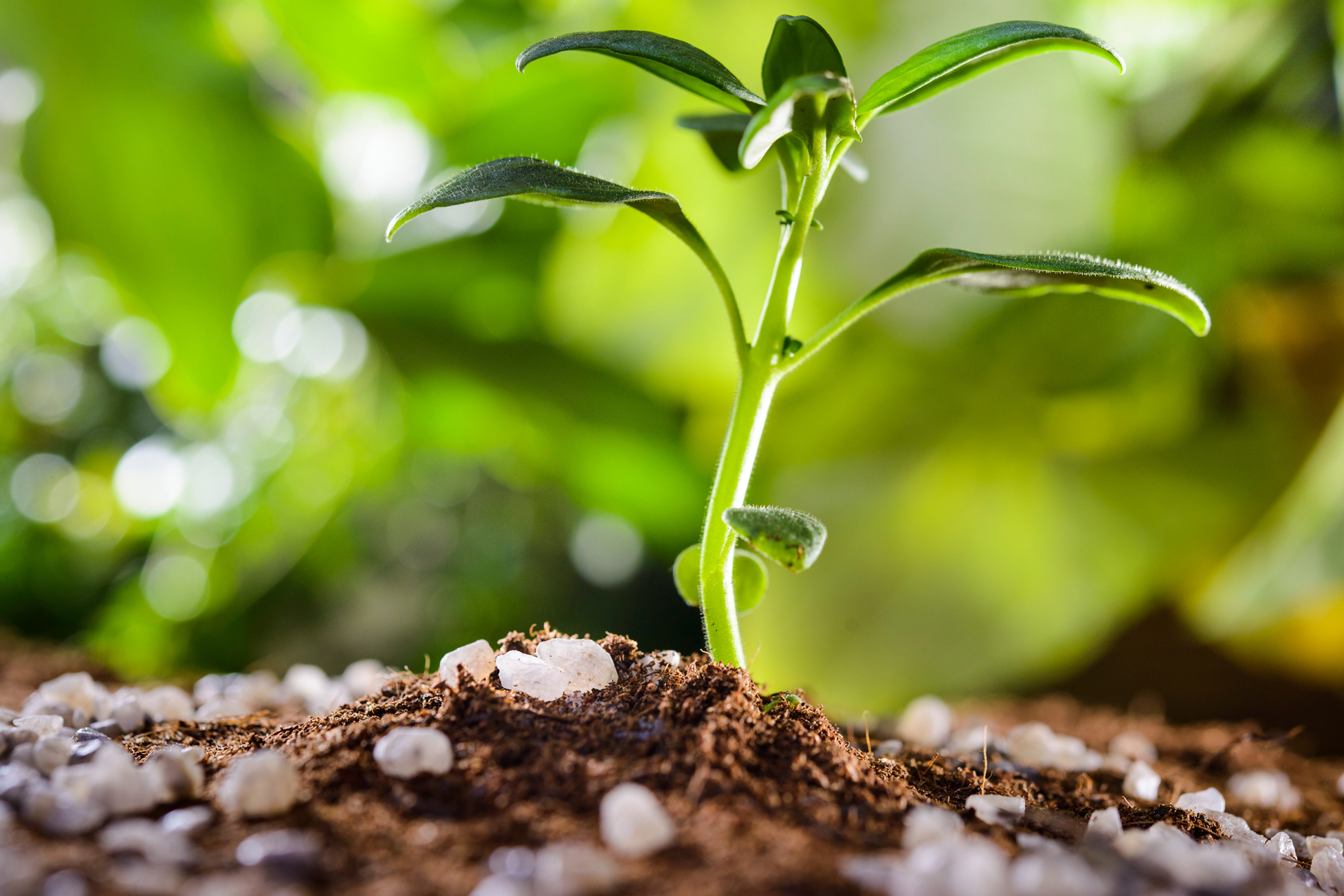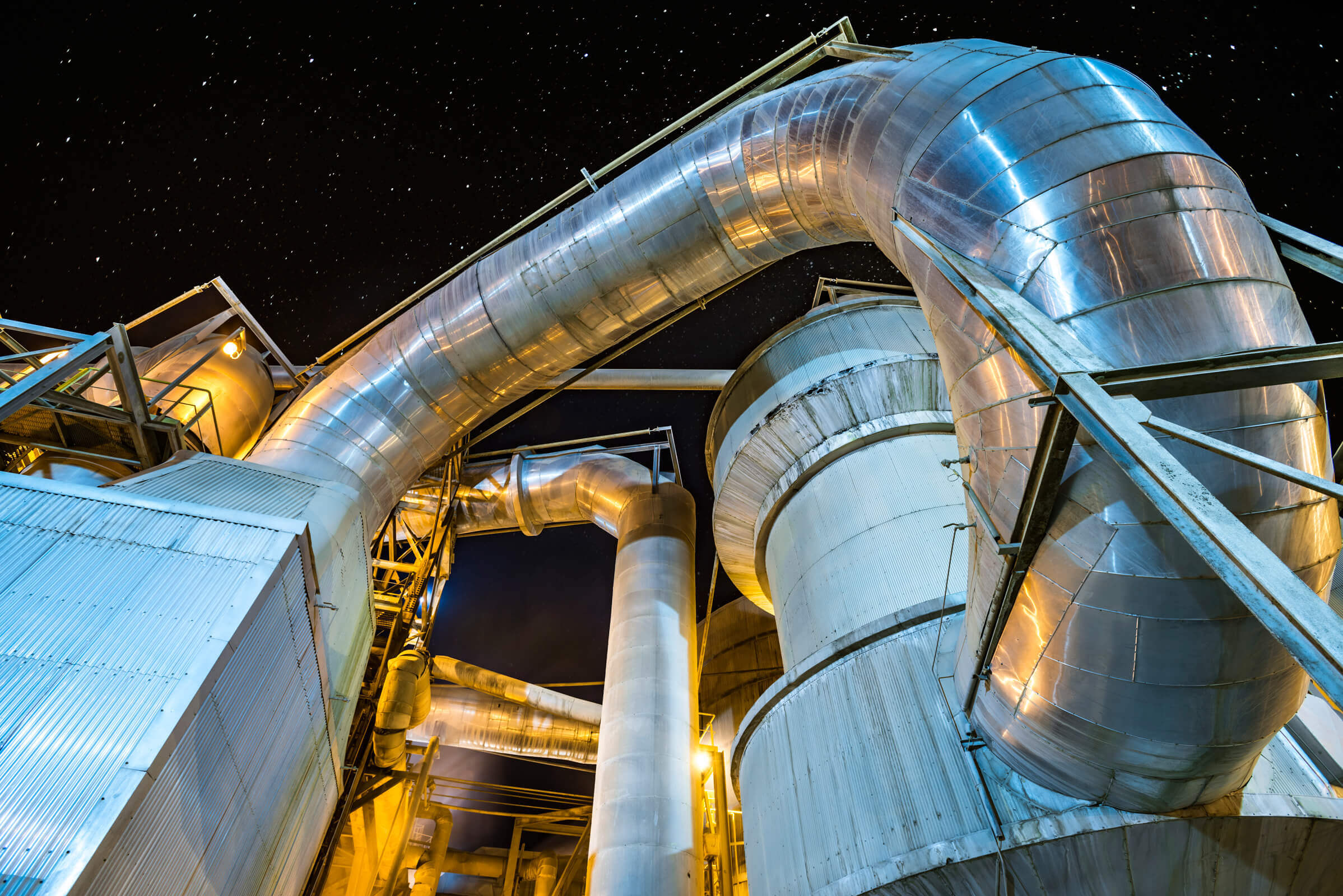Circular Economy
ICL is developing products and methods that will enable it to be part of a circular economy. ICL is piloting production processes to close the loops and produce new products from waste. In its Phosphate Solutions division, ICL is working on finding new sources of phosphorous, which is a necessary mineral for healthy plants, from sources other than phosphate rock, such as human sewage, animal manure and waste ash. In the Industrial Products division, ICL is focused on retrieving bromine from various waste streams. \
In order to reach a low carbon footprint, resource efficient and competitive economy, there is a need to transition to a more circular economy. A system where the value of products, materials and resources is maintained in the economy for as long as possible. At the same time, it will reduce the generation of waste, save energy and reduce the rate of raw materials used. This is part of the global efforts on sustainable development.

In order to minimize its environmental impact at the end of a product’s life, ICL has embraced the ‘Integrated Industry’ approach. According to this approach, the industrial production process should shift from a linear process, in which resources and capital pass through the production chain and eventually become waste, to a circular process where waste can serve as input for other production processes.
As ICL develops more and more sustainable products from varied waste streams, there are also efforts to integrate its own products and byproducts into circular processes. ICL’s highly-integrated value chains use sophisticated processes which utilize by-products and waste products to enable the cost-efficient conversion of raw materials into
higher value-added products.
Closing The Loop - An EU Action Plan for the Circular Economy
The European Commission has adopted a new policy objective which aims to achieve a sustainable, low carbon, resource efficient and competitive economy. The Circular Economy Package includes a comprehensive commitment to eco-design, the development of strategic approaches for plastics and chemicals, a major initiative to fund innovative projects under the umbrella of the EU’s Horizon 2020 research program and targeted action in areas such as plastics, food waste, construction, critical raw materials, industrial and mining waste, consumption and public procurement.




